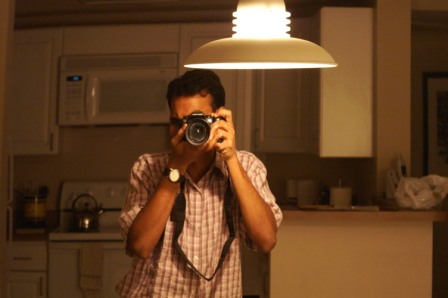People were up and at the gate even before the gate was open for boarding. Some, as though all they needed was a spark to lead, joined the line. And before long, the line was menacingly long. Soon a sense of hurry spread amongst the remaining. Who wants to be left out, eh? In a jiffy, all that was left in seats was I with a few despirited folks. Talk about pressure and this is it. The longer the line, the pressure piles up.
Just seeing so many people before one makes them forget the fact that they actually can think; That they do not have to worry about their seat; That there are people to take care of their baggages.
Reason? Beats me. But I wonder if those privileged men were surprised to see me landing in Bangalore at the same time. Well, I agree this has given me a topic to write about. However, the sight of people in line makes me sick. I see them every day everywhere. From morning till I return back home. The mini line before boarding my daily cab to office, the line to buy lunch coupon, at the food counter, at the water pot. Geez, where do we get so many people from!
Here is an interesting and funny way to look at this. This is from a column that the great writer Late. R.K. Narayanan wrote.
--------------------------
The future historian will in all probability say, 'There are ample signs that people everywhere stood behind one another for hours and hours and the file stretched away for miles. Why they did it we will never understand, particularly as there seemed to have been plenty of space all around where they could have spread out. They seemed to have learnt that style from ants. The one behind took exactly the same number of steps as the one ahead, and if he stopped the other stopped. Why they did it we can never understand as we have no means of judging the inner stresses of those times. All that we are able to gather is that if a man's longevity was twenty-seven years, he spent a total of twenty years standing in various queues, at bus-stands, railway stations, ration depots, cloth-shops, cinema houses and every kind of public place. Considering the time spent this way it is surprising how they managed to find the time to carry on their normal domestic or economic activities.'
--------------------------




No comments:
Post a Comment